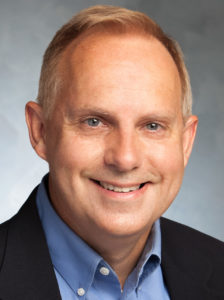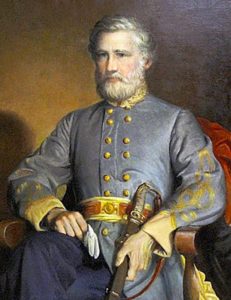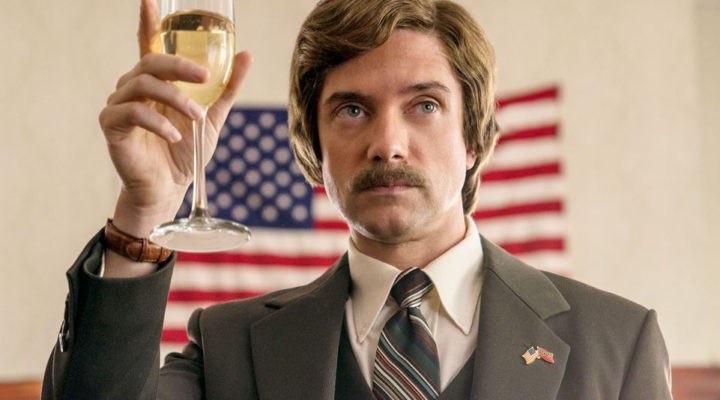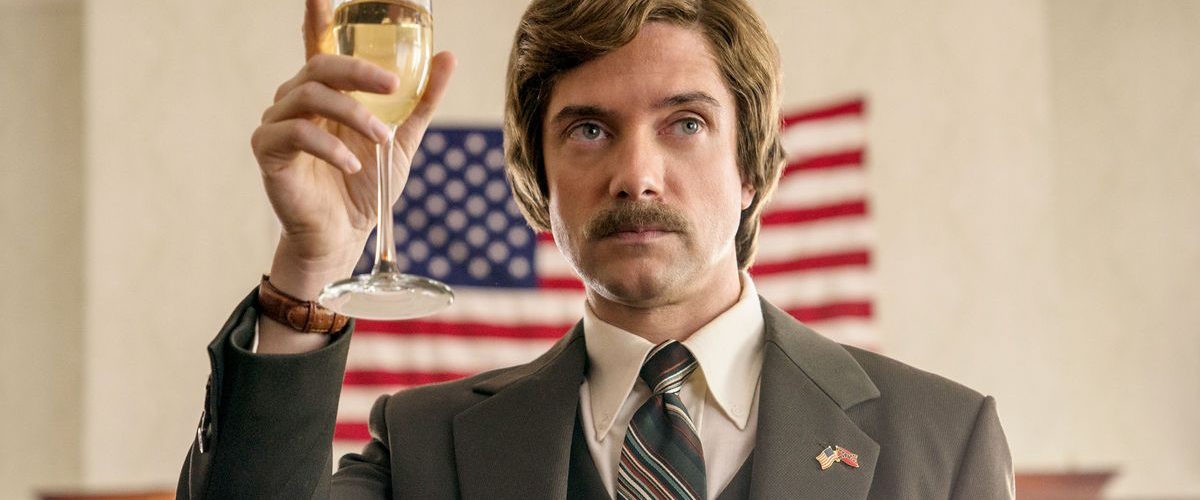On June 17, 2015, a young white stranger walked into a Bible study at Emanuel African Methodist Episcopal Church in Charleston, S.C. (sometimes known as “Mother Emanuel” because of its role as one of America’s most historic Black churches).
That stranger, 21-year-old Dylann Roof, sat with those attending the Bible study, but he had not come to Mother Emanuel because he wanted to learn more about the Bible or to have an encounter with the Risen Lord. He had come because he was convinced that Black people like these constituted an existential threat to people who looked like himself, and that maybe if he shot a number of people in this historic church, he could start a race war that would put everything right.

Greg Garrett
Roof, who posed with the Confederate battle flag, who posted about his fear of and contempt for Black people, committed a horrific act of violence. He was impelled to do it by white racial mythologies that shaped how he understood himself, his country and his terrible purpose. Those mythologies argued that Black people were inferior and dangerous and hypersexual, that white people were losing their power and influence to these lesser races, and that something noble and beautiful had gone out of the world when the American South lost its battle to keep Black people in their proper place.
That Confederate battle flag symbolized for Roof—as it has for others—the ascendance of the white race over the Black and suggested that it was worth instigating violence to remain atop the social pyramid. So Dylann Roof was welcomed by faithful Black parishioners to a service of prayer—and still shot most of them dead, because, as he understood the world and his place in it, this seemed like the right thing to do.
Several times in Spike Lee’s 2018 film BlacKkKlansman, characters repeat a phrase that represents their privilege and stands as a prayer against their darkest fears of dimunition: “God bless white America.” For some people, even if they don’t say it out loud, white Christian America is the only real America, and everything else is a Satanic farce.
“For some people, even if they don’t say it out loud, white Christian America is the only real America, and everything else is a Satanic farce.”
One of those who said it out loud was C.S.A. General Henry Benning — for whom Fort Benning was named — who delivered a convention speech in favor of secession, since the white race, “being superior in every respect,” could not be expected to tolerate a future where “black governors, black legislatures, black juries, black everything” were permitted access to equality. A war is coming, now or later, Benning argued, and should Southern whites lose, “we will be completely exterminated, and the land will be left in the possession of the blacks, and then it will go back into a wilderness and become another Africa.”

Henry Benning
Benning, like John Calhoun, Jefferson Davis and others before and since, had no doubts about the relative merits of white and Black, no doubts that the South would become a jungle if slaveholders did not oversee slaves.
If white America is the only God-blessed America, then everything else is chaos.
It’s difficult to have dialogue — let alone change institutions and minds — when you have been conditioned to regard your opponents as demons or beasts, so one of the greatest challenges to achieving racial justice is the presence of these longstanding racial mythologies that have shaped the attitudes of the white mainstream, even the minds of those who do not consider themselves racist. On Nov. 24, 2020, my friend and colleague the theologian Kelly Brown Douglas tweeted that part of the essential work of the incoming Biden administration would have to be overturning these pervasive myths of white supremacy: “Our nation’s anti-Black narrative not only threatens the lives & livelihood of the 13% targeted by it. It threatens the survival of the nation itself.”
Canon Douglas’ point was that although persons of color, LGBTQ people, immigrants, and all those who aren’t part of this white Christian narrative are indeed damaged by these myths, white people are also damaged when we diminish other human beings, when we trample other children of God beneath our feet.
James Baldwin understood that white and Black people were caught up in a shared history and narrative, captives of the same myths, and he said that until white people recognize this — and repented of it — whites will continue to be enslaved as surely as those Black slaves on cotton plantations in Dixie. Hatred and bigotry become their own prison. As Baldwin told his nephew in The Fire Next Time, “We cannot be free until (white people) are free.”
So it is that there is work for all of us to do together, all of us acknowledging the painful hierarchies that white racial mythologies have created, as we seek to dismantle those myths for the sake of our shared future.
“Tearing down the racial mythologies that keep us separate and locked in our own distinct prisons will lead to liberation for all of us.”
Tearing down the racial mythologies that keep us separate and locked in our own distinct prisons will lead to liberation for all of us. But many white people want to hold back the onset of what Robert P. Jones has called “The End of White Christian America.” Jones argues that white evangelical Protestants are among the most guilty of perpetrating and perpetuating racial myths. As I am discovering over and over again, American racism may indeed have a legal or political dimension, but these mythologies of white supremacy are also constantly enforced and reinforced by religious and cultural discourse about persons of color, about hierarchies, about segregation.
There is good, hard work for the church to do here, the work of honest recognition, but more importantly, the work of justice, mercy and compassion to which we are called by our faith.
It’s time to be about our Father’s business.
Greg Garrett teaches creative writing, film, literature and theology classes at Baylor University. He is the author of two dozen books of fiction, nonfiction, memoir and translation, including the critically acclaimed novels Free Bird, Cycling, Shame and The Prodigal. He is one of America’s leading voices on religion and culture. One of his most recent nonfiction books is In Conversation: Rowan Williams and Greg Garrett. His latest book, A Long, Long Way: Hollywood’s Unfinished Journey from Racism to Reconciliation, is hot off the presses. He is a seminary-trained lay preacher in the Episcopal Church. He lives in Austin with his wife, Jeanie, and their two daughters.


